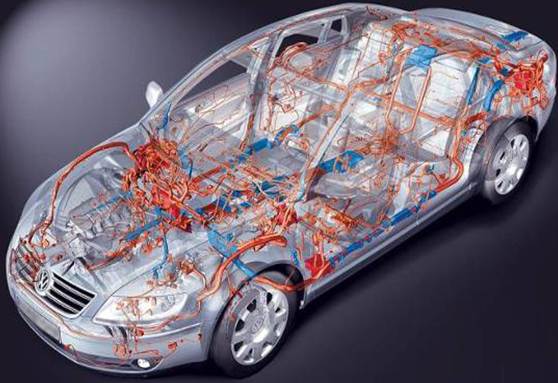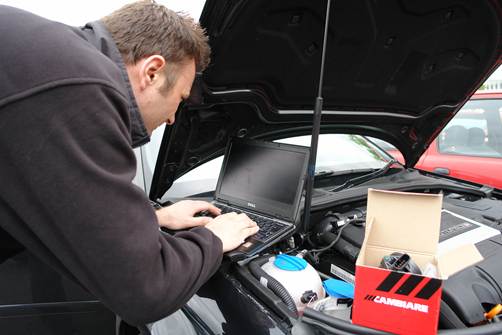Engine Management

Fault Code AwarenessThe advent of electronic engine management systems has meant that correctly diagnosing and identifying faults on modern vehicles is a complicated process. The potential for mis-diagnosis is significant and consequently returns and warranty claims on engine management products are noticeably higher than traditional product groups such as braking or steering and suspension. A Brief History of Engine Management Over the last 25 years the increasing importance of emission control has led to all UK vehicles being fitted with on-board diagnostic systems (OBD) as standard. Early OBD systems were first used in America in the 1970s. They used an electronic control module (ECM) to control various engine components and self-diagnose when a component was not performing as it should. ECMs later developed the ability to store information in a memory so that it could be retrieved by a mechanic. A Bit of Detective Work
Modern day diagnostics is much more than simply reading a fault code from a scan tool, it is an involved process that requires the mechanic to identify a faulty part and understand why it has failed. The big pitfall for the mechanic is assuming that the component identified in the fault code is the faulty product, when in fact it is another component within the system. Example: Fault code P0100 = Mass or Volume Air Flow Circuit Malfunction. This generic fault code could be triggered by any one of the following components: Air Mass Sensor, EGR Valve or Air Filter Cambiare always encourages factors and garages to communicate when dealing with engine management products to ensure a full diagnostic process has been undertaken. Without this there is always a risk that a replacement part will not fully solve the problem and be deemed as faulty, leading to returns and even warranty processes – which can be expensive for factors and garages in terms of both administration and their relationship with their customers. Information & Support In the future, garages will no longer specialise in engine management diagnostics, rather it will be an everyday occurrence and the majority of their business. That is why everyone in the aftermarket from factor to fitter must invest in the three key areas of training, equipment and information in order to be ready for tomorrow. Technical knowledge on engine management parts is still relatively low and this can impede factor and garage sales; it also contributes to misdiagnosis, incorrect part fitment and a high number of warranty returns. With this in mind Cambiare has teamed up with Pierburg to create a detailed technical information brochure to share product and technical knowledge with customers. To request your free copy please contact [email protected] |
Related Articles Related Downloads |
 There are over 650 generic fault codes associated with the vehicle powertrain and although they can point you to a specific sensor, the sensor in question may be affected by several actuators. This is why physical checks and follow-up readings using scan tools or multimeters are important.
There are over 650 generic fault codes associated with the vehicle powertrain and although they can point you to a specific sensor, the sensor in question may be affected by several actuators. This is why physical checks and follow-up readings using scan tools or multimeters are important.